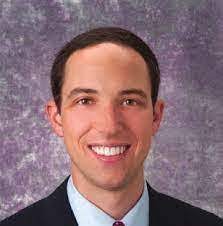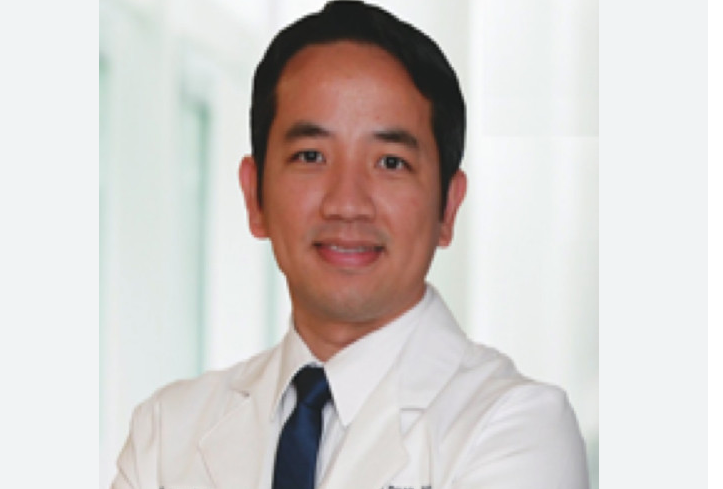Introduction:
In the realm of medical care, particularly in emergency settings, privacy emerges as a cornerstone of quality service. Dr Michael Hilton acknowledges the significance of instilling a sense of safety and trust in patients seeking urgent care. This article delves into the reasons why privacy is indispensable in emergency care and the positive impact it can have on patient outcomes.
Privacy Cultivates Patient Comfort and Trust:
Privacy assumes a pivotal role in establishing a foundation of security, comfort, and trust for individuals seeking emergency care. Patients must feel a sense of ease when discussing their concerns and medical history with the healthcare team. The assurance that their conversations will remain confidential nurtures an environment where patients can candidly share their symptoms, ask questions, and actively participate in their care. This transparent and sincere dialogue between patients and healthcare providers leads to enhanced communication and ultimately results in improved treatment outcomes.
Confidentiality Nurtures Open Communication:
Safeguarding patient privacy and confidentiality stimulates open communication between patients and healthcare professionals. Patients who are confident in the confidentiality of their personal information are more likely to divulge sensitive details about their health conditions or discuss symptoms they may find awkward or uncomfortable. This empowers healthcare experts to attain a comprehensive understanding of the patient’s medical history, make precise diagnoses, and formulate individualized treatment plans.
Preserving Patient Dignity and Respect:
Preserving patient privacy is essential for upholding their dignity and respect. In emergency care settings, patients might find themselves in vulnerable positions due to injuries or medical conditions. Ensuring privacy contributes to an environment where patients can uphold their dignity throughout the treatment journey. When patients feel respected and safeguarded, they are more inclined to actively engage in their care, adhere to medical recommendations, and experience an overall improvement in their well-being.
Facilitating Prompt Access to Care:
Individuals who feel anxious or apprehensive about their medical conditions might delay seeking medical care. The fear of judgment or exposure can discourage people from accessing necessary medical attention, resulting in potentially aggravated outcomes or prolonged suffering. By prioritizing patient privacy, emergency care providers help eradicate barriers to seeking care. Patients can have confidence that their medical information and discussions are shielded, empowering them to promptly seek the care they require without hesitation.
Ensuring a Secure and Confidential Environment:
Emergency care facilities bear the responsibility of creating a secure and confidential environment for their patients. This encompasses measures to prevent unauthorized access to patient information, designating discrete and private spaces for conversations, and enforcing proper data protection protocols. By upholding privacy standards, emergency care providers showcase their dedication to patient well-being and professionalism.
Conclusion:
Dr Michael Hilton Privacy stands as a foundational element of high-quality emergency care. It fosters patient comfort, stimulates candid communication, preserves dignity, and facilitates timely access to care. Through establishing a secure and confidential milieu, emergency care providers cultivate trust, enable authentic patient-provider relationships, and enhance treatment outcomes. Upholding patient privacy rights is not only ethically imperative but also plays a pivotal role in delivering effective and compassionate emergency medical services.



